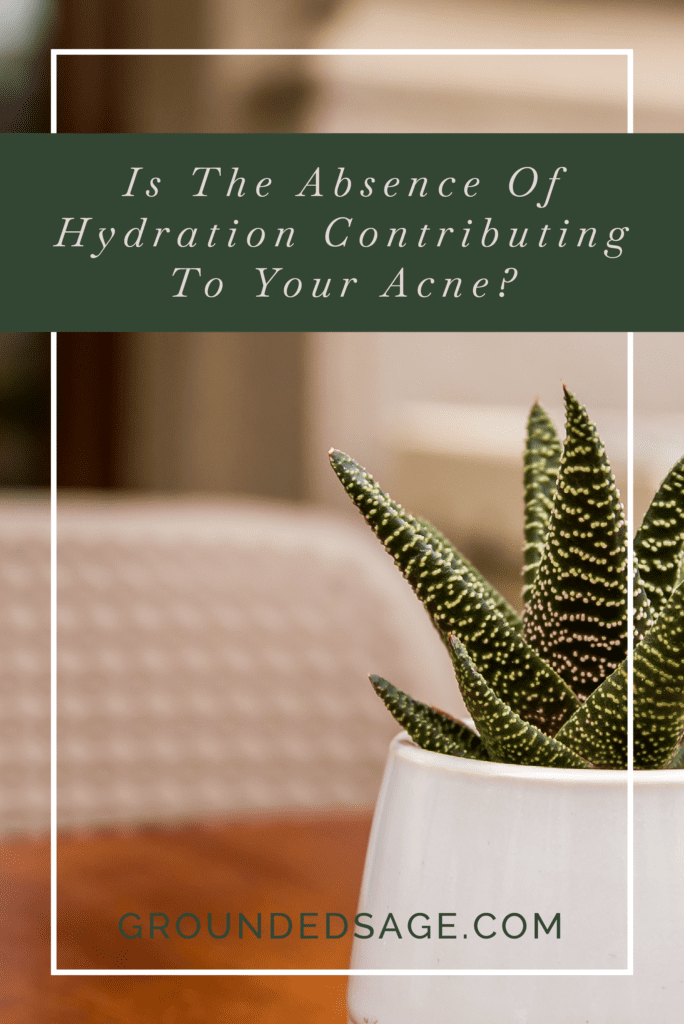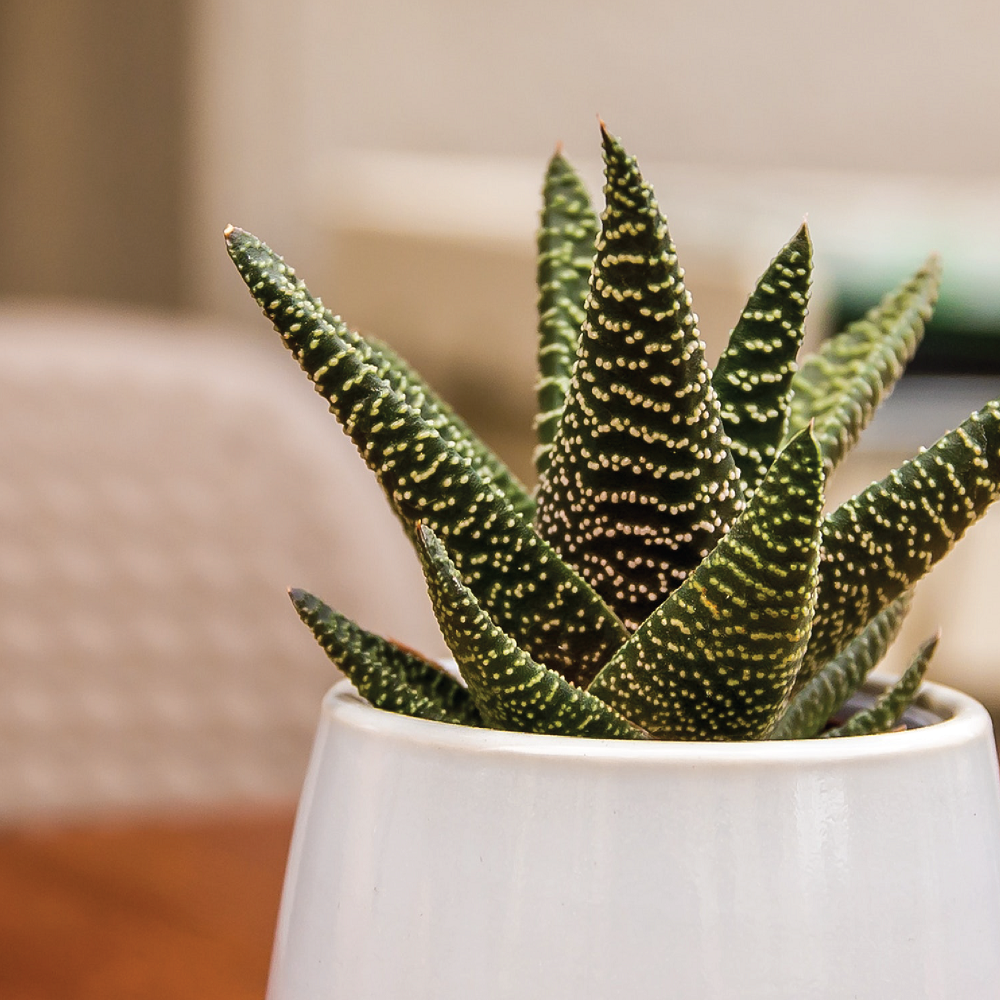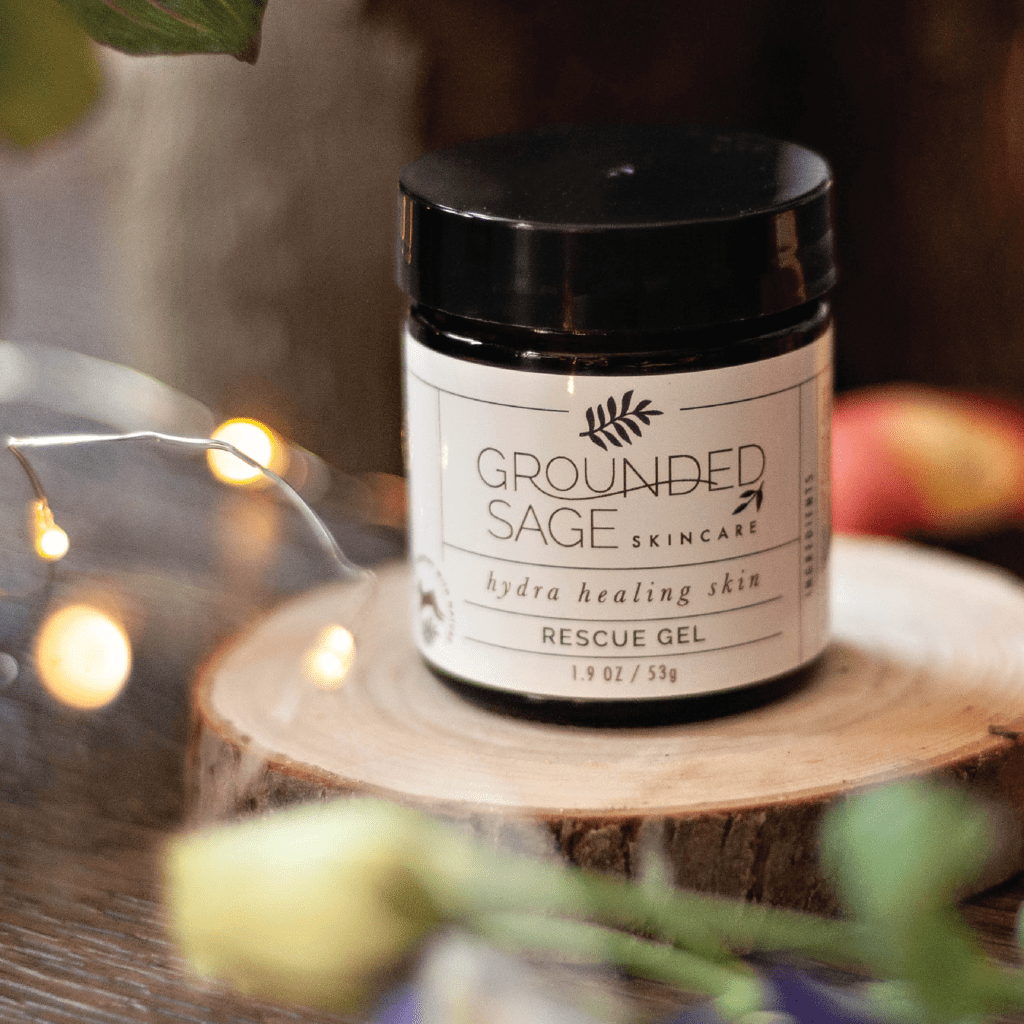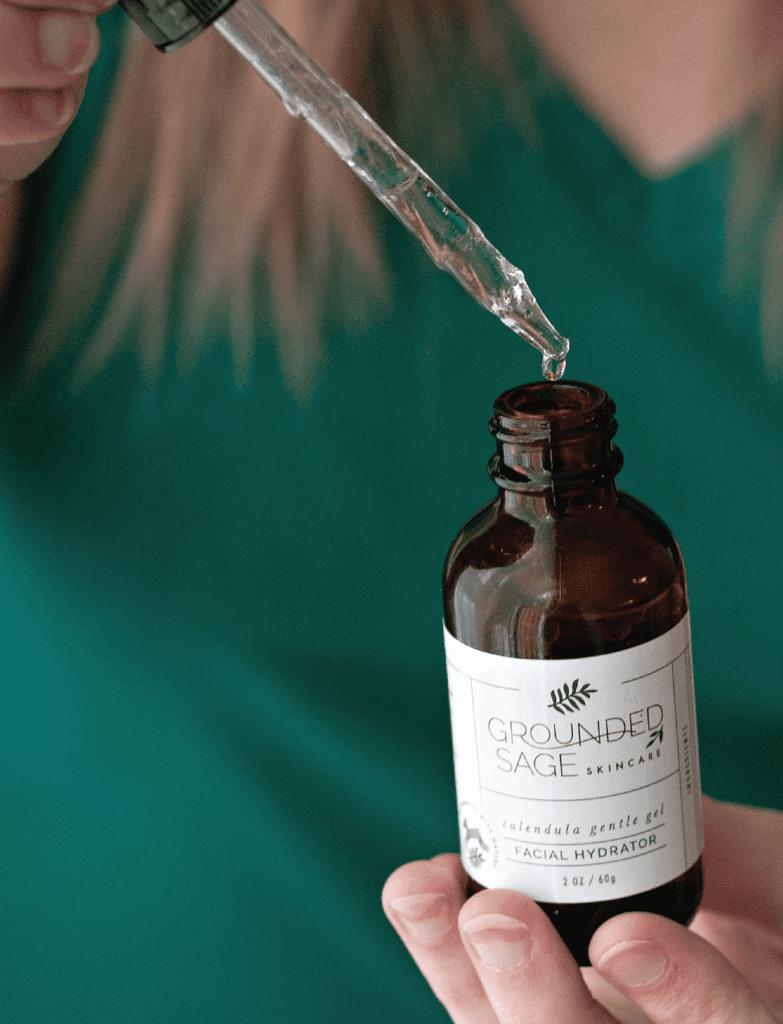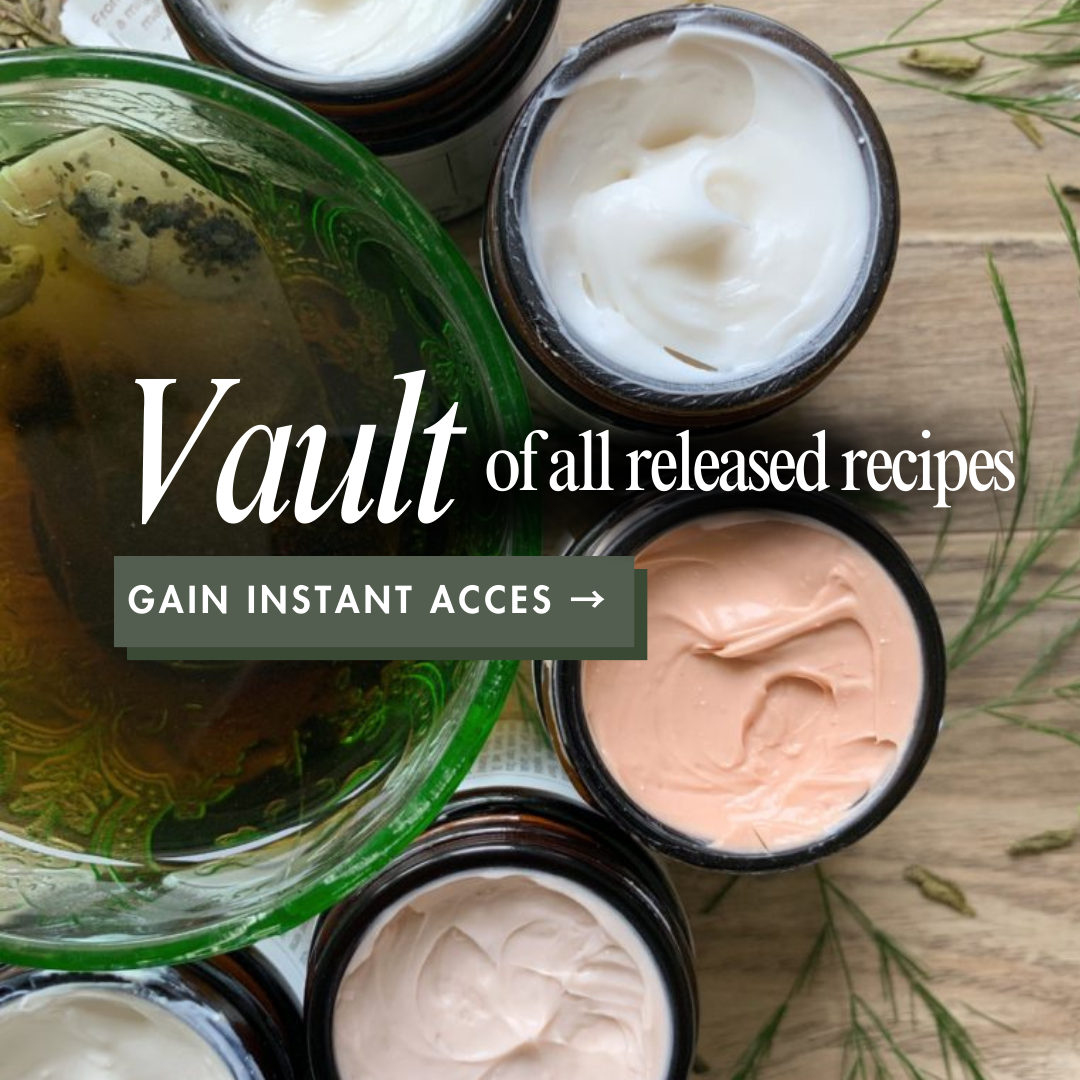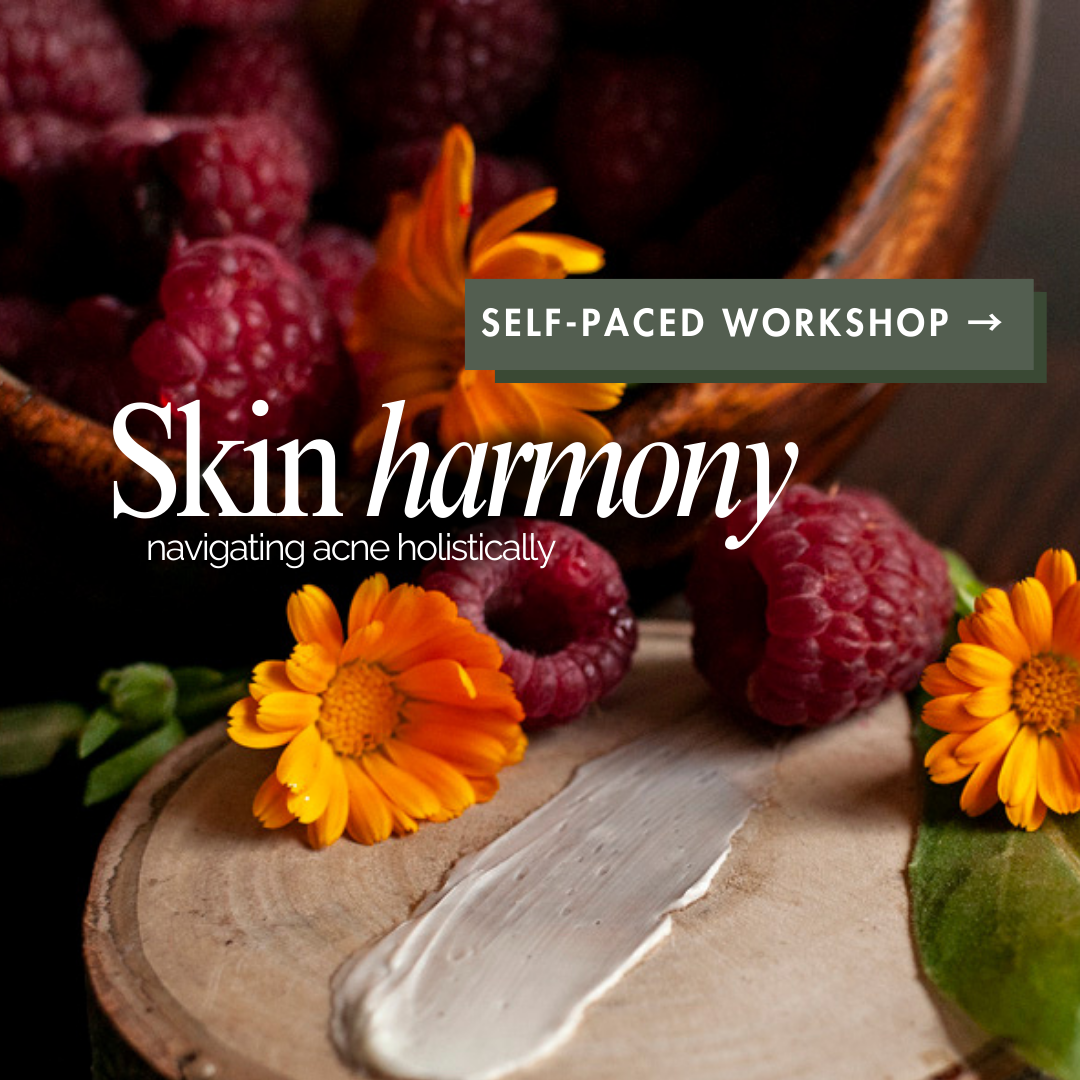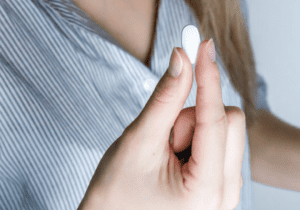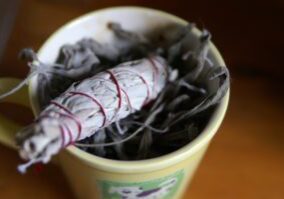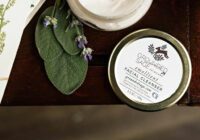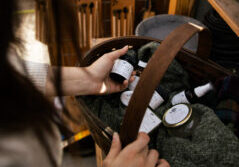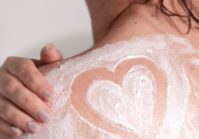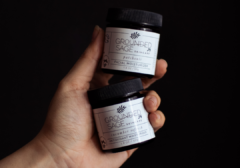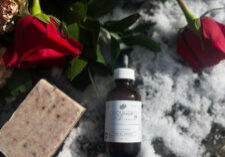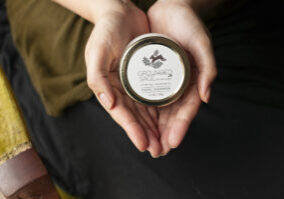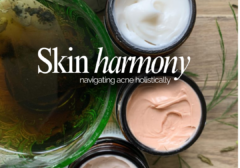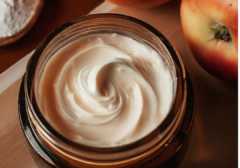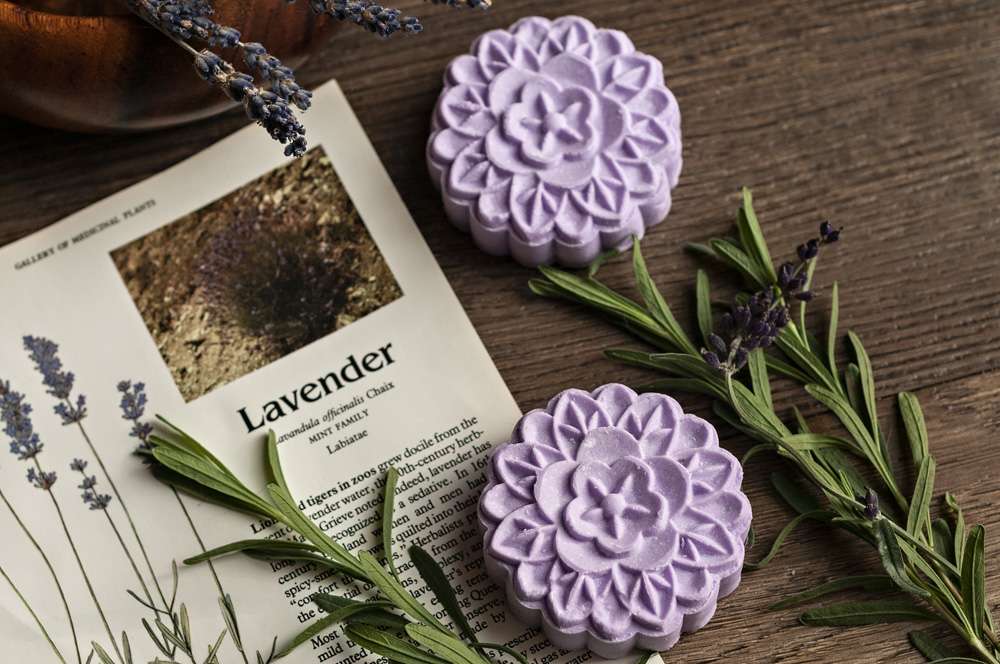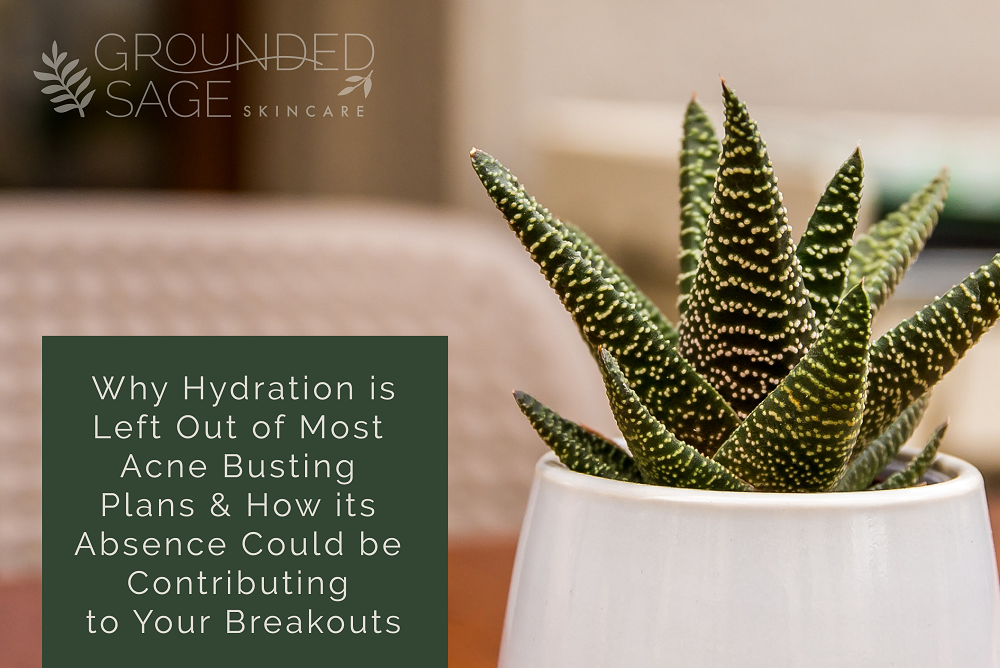
If you missed the first three articles in our facial care series, here are the links:
- How to pick the best cleanser for acne prone skin (in 3 steps) – a MUST read because we narrow down your external triggers of acne!
- Is oil cleansing right for acne-prone skin? – everything you need to know about oil cleansing for acne-prone skin
- Down and dirty guide to exfoliating for acne-prone skin – what you need to know (and avoid!) when exfoliating acne-prone skin (including how to make sure you don’t cause more breakouts in the process!).
Today we’re diving into the next instalment of our foundational series for acne-prone skin.
And while you might be tempted to skip over this lesson on hydration, I urge you not to!
Why? For one, hydration is the number one missed step I see in skin care routines – especially routines that are supposed to be targeting acne. Yes, moisturizing gets left out a lot too by acne sufferers (I’ll cover why this is a no-no in the next post of this series).
Secondly, dehydrated skin contributes to the vast majority of skin problems – and for some, is a major trigger of acne! It’s certainly a major cause of congestion and blackheads – so this is an article that’s not to be missed! Without hydration, you’ll never have a balanced routine or (more importantly) balanced skin.
So let’s break this down…
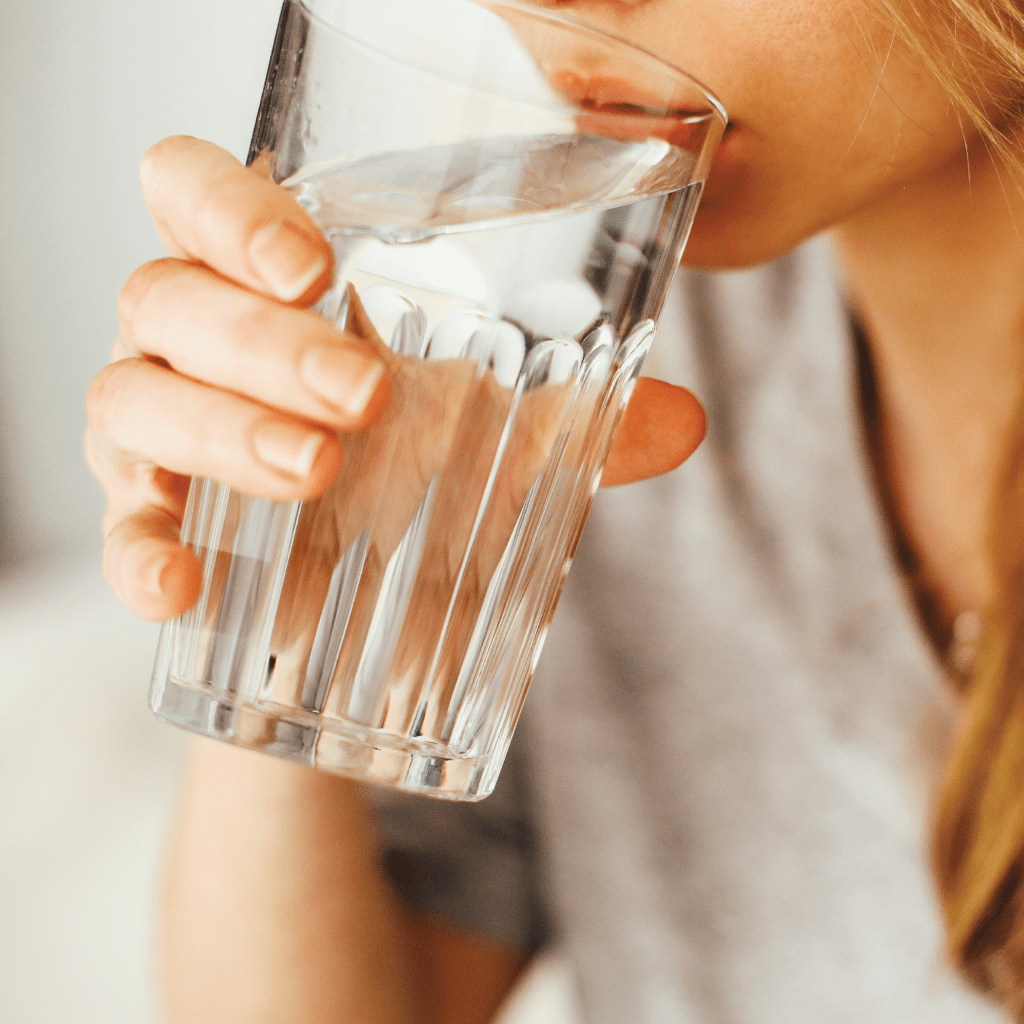
Why water, aka hydration, is so important to our skin…
In other words, why do those with acne prone skin need to care?!
 1) Balance and why you may have oily skin!
1) Balance and why you may have oily skin!
 2) Congestion, Blackheads, and Breakouts!
2) Congestion, Blackheads, and Breakouts!
Telltale signs that your thirsty skin needs a (topical) drink:
- Flaky skin
- Dry Skin
- Oily Skin – Remember what I said about our skin pumping out more oil to make up for the lack of water? If your skin is oily, hydration is an absolute MUST to slow down the oil slick.
- Oily yet dry skin – This often feels like the skin is a bit tight yet it’s oily to the touch. It can show up as skin that’s oily yet it also has flaky patches. This is especially noticeable after washing your face or applying makeup.
- Congestion – Clogged pores, enlarged pores – or pores that appear larger because they have a build up of oil/dirt/debris in them.
- Acne – Where congestion, oil, dry skin, or flakes are, acne isn’t far behind.
- Skin that doesn’t feel moisturized… no matter how much moisturizer you use
- Skin that absorbs moisturizer quickly yet… still feels like it could use another big helping of moisturizer later in the day (or night)
- Your skin doesn’t feel plump or appears dull. When our skin is well hydrated, it has a smooth, almost dewy appearance. It looks full (not shallow), supple, and bounces back easily when touched. If your skin doesn’t feel smooth, there’s a good chance it’s dehydrated.
Does your skin have the telltale signs of dehydration?
Here’s how…
 Start by figuring out what the best hydrator is for your skin!
Start by figuring out what the best hydrator is for your skin!
You can do that quickly and easily by using our “perfect hydrator quiz“.
 Once you figure out what hydrator to use, now we need to determine how often to hydrate.
Once you figure out what hydrator to use, now we need to determine how often to hydrate.
This is pretty straightforward: every time after you wash your face! So after you finish cleansing and/or exfoliating, and before applying any other products (like a moisturizer, serum, or foundation), apply your hydrator.
 Now the final step, and something you’re likely doing already!
Now the final step, and something you’re likely doing already!
The final step is sealing in the hydration with a moisturizer or serum. This is extremely important! Without sealing in your hydrator, a lot of that hydration will be lost before your skin can absorb it. So, after applying your hydrator, layer over a serum or moisturizer. Find your perfect moisturizer here.
The success of your perfect hydrator will depend on 2 key things:
 1) Consistency
1) Consistency
 2) Patience
2) Patience
Dehydration Accelerators
While some Radiant Rebels will be pre-disposed to water loss (and therefore dehydration), there are several other factors come into play for all of us.
Check out the potential dehydration accelerators that will increase the need for hydration in your routine below.
Note that a balanced routine, as we’ve learned, needs a hydrating step each day (and all year long). There are also certain times when we’ll want to increase our hydration efforts. Keep reading for more info!
Dehydration Accelerators
Smoking
Smoking affects our skin in many ways (hello wrinkles and fine lines) by depleting the skin of oxygen and nutrients. This, in turn, impairs its ability to heal, form collagen, or maintain a healthy protective barrier (therefore allowing hydration to escape from our skin).
Certain medications (or illnesses)
If you’ve ever taken Accutane, your skin could be constantly (and consistently) prone to dehydration. This is certainly the case for me – even though Accutane was something I took in my teens, it still affects my skin’s ability to stay hydrated today. I’ll explain why in our next article in this series. (Pst, for the record, Accutane wasn’t my acne saviour like it’s touted to be – some of my acne story is available here). That being said, Accutane isn’t the only medication that can contribute to dehydration. Other medications (both topical and oral) can contribute to dehydration as well as certain illnesses and disorders.
Consuming a lot of salt
The definition of “a lot” will be different for everyone. A good rule of thumb is to avoid an excess of salt in your diet (especially if it’s not sea salt!).
Consuming a lot of coffee and other stimulants
Coffee and other diuretics cause our body to lose fluids which, as you guessed, is the last thing we need when we’re trying to get our body (and skin – the body’s largest organ) to hold on to water. Again, the definition of “a lot” will differ for everyone.
Seasonal changes
Such as humidity fluctuations, increased exposure to cold or forceful winds, and rapid change in temperature (like going from inside to outside when the indoor heat or AC are running).
Dry indoor air
This accelerator for dehydration becomes most apparent in autumn when we turn on our heat as the temperatures outside dip. Consider turning on an indoor humidifier (especially in the bedroom as that’s where you’ll spend a significant amount of time – if you’re getting enough sleep that is). I like using a small essential oil diffuser in our bedroom. I don’t always put essential oils in it, many nights I just use water. If I feel winter cold coming on, I’ll add a few drops of lavender, tea tree, or eucalyptus essential oil to the diffuser.
Having redness or rosacea-prone skin
Being prone to either redness or rosacea usually means your skin is also prone to dehydration. These skin types experience more “transepidermal water loss” or TEWL, especially if their skin’s protective barrier is damaged. This is something we’ll talk about in a future article.
So there you have it!
You’ve completed another step in your learning journey and added “hydration rebel” to your repertoire!
One last word of warning – drinking enough water and fluids won’t protect your skin from dehydration! While getting enough fluids is extremely helpful in maintaining healthy skin, it won’t help keep your skin from being dehydrated. We need to infuse hydration inside our body (drinking water) as well as inside our skin (using topical
We need to infuse hydration inside our body (drinking water) as well as inside our skin (using topical hydrators) to combat loss of hydration that our skin can (and often does) experience regularly.
We’ll talk about how to slow down the loss of hydration in our next installment of this series!
Until then, stay radiant!

Pin this article for later:
